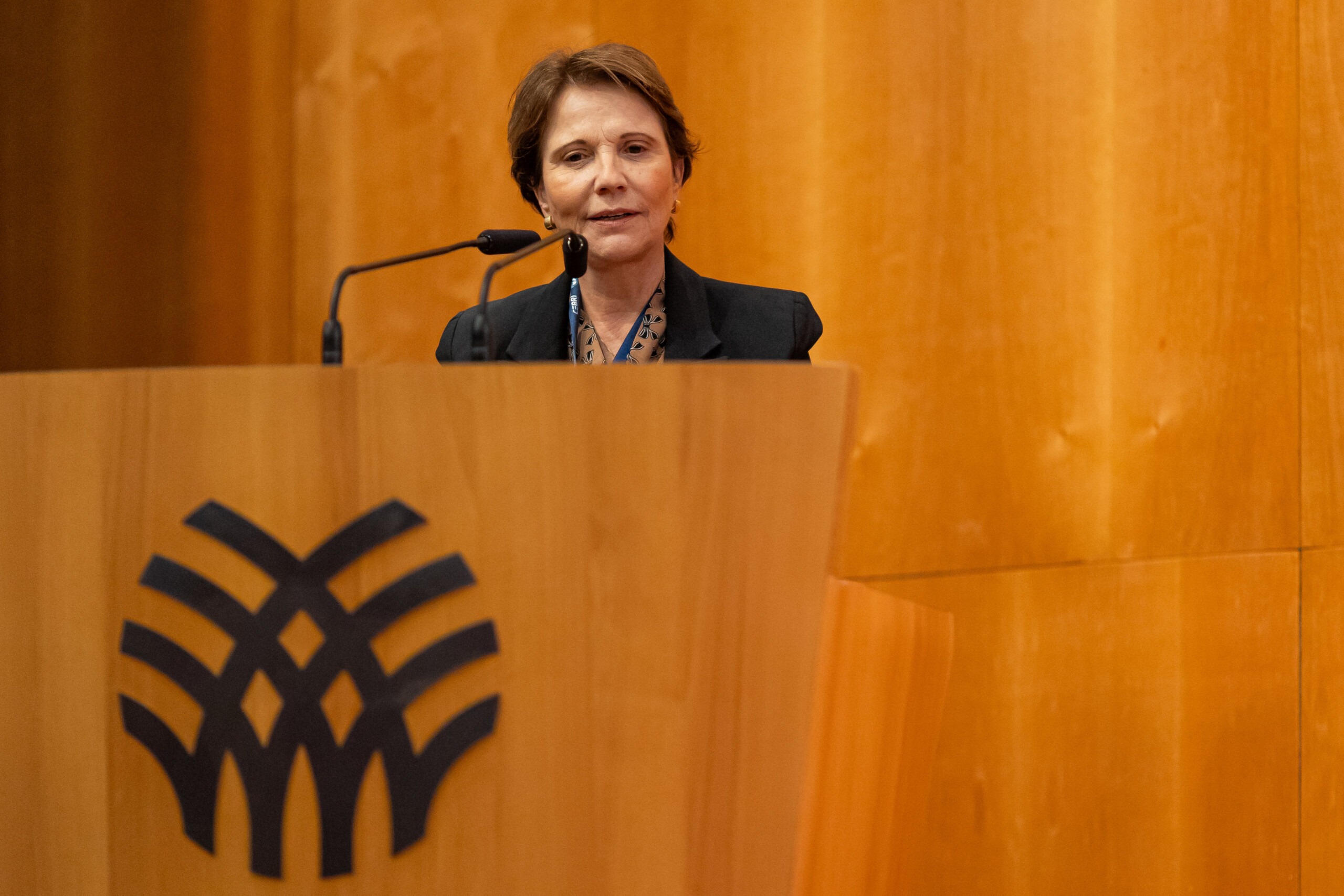The International Conference “50 Years of Brazil-China Relationship: Cooperation for a Sustainable World,” hosted by the Brazilian National Confederation of Agriculture and Livestock (CNA) on Wednesday, April 17, marked a significant milestone in the bilateral relations between these two economic giants. Organized by the Brazilian Center for International Relations (CEBRI), the event featured the prominent presence of Brazil’s Vice President, Geraldo Alckmin, and gathered a diverse array of participants, including leaders from the agricultural industry, government authorities, academics, and representatives from civil society.
Exploring Paths of Cooperation
The agenda addressed a wide range of topics critical to the bilateral relations between Brazil and China and their global impact. From food security to innovation, from energy transition to global governance, the conference provided an all-encompassing view of the current state and the future potential of cooperation between these two economic powerhouses. The relationship between Brazil and China, built over five decades, continues to play a crucial role on the international stage, showing that solid and mutually beneficial cooperation is essential to tackle the challenges of the 21st century.
Event Highlights

Gedeão Pereira, CNA’s Vice President of International Relations, highlighted the remarkable progress in the relationship between Brazil and China over the past years: “Brazil and China are two continental and monumental countries that have rapidly developed over the last 30 years.”

Brazilian Vice President Geraldo Alckmin underscored the significance of China in Brazil’s export figures. Exports to China alone amount to $ 104 billion. He regards the Brazil-China relationship as a success story: “We have 50 years of friendship, partnership, trade, and investments, and this partnership will continue to grow even further.”

Senator Tereza Cristina emphasized the importance of a “win-win” relationship between the two countries, especially in the agricultural sector: “The relationship benefits both sides. China, as the largest food importer, needs reliable suppliers who can meet demands in necessary quantities and sustainable bases.”

José Pio Borges, President of the Brazilian Center for International Relations (CEBRI), highlighted the need to look ahead and promote increasingly sustainable and innovative cooperation between Brazil and China.

Zhu Qingqiao, Ambassador of the People’s Republic of China to Brazil, emphasized the strategic importance of the relations between the two countries and their global influence.

Eduardo Saboia, Secretary for Asia and the Pacific at the Brazilian Ministry of Foreign Affairs, outlined future paths for bilateral cooperation, including aspects such as neo-industrialization, energy transition, and innovation.

Shi Dan, Director of the Institute of Industrial Economics at the Chinese Academy of Social Sciences (CASS), emphasized the importance of dialogue and academic cooperation between Brazil and China.

CNA’s Director of International Relations, Sueme Mori, stressed the importance of incentives for diversifying Brazilian exports. She highlighted CNA’s efforts to empower, guide, and support Brazilian producers to expand their horizons, especially through the Agro.BR Program in partnership with APEX Brasil.